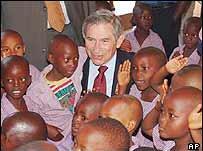World Bank to Bloggers: Drop Dead
UPDATE: Bill receives WDR2011 in Sunday 12:30pm email from World Bank. Should we complain now that he is getting special treatment? This morning we learned that the World Bank does not consider bloggers journalists. According to Bank policy, it won’t give press accreditation to bloggers, denying them access to the media briefing center where new reports are released under embargo before they are published for the public.
In this case, the report we won’t be allowed to see an advance copy of is this year’s World Development Report, on Conflict Security and Development. It’s due to be released to the public on Sunday night.
I was shocked, actually, since the World Bank is usually ahead of the curve when it comes to technology and communication. They have dozens of internal blogs which they encourage their staffers to post and comment on. Many of these these blogs don’t shy away from substantive debates about real development issues, including thoughtful self-criticism (a relevant example is this blog post by a World Bank staffer questioning whether anyone even reads the WDR any more, which makes us think they would WANT bloggers to write about it, but that’s another story). Last year, the Bank opened up a new, user-friendly site with free access to 2,000 development indicators, and is hosting a competition to develop new apps that take advantage of this data.
We’ve given the WHO flak for shutting down debate saying that they “don’t participate in discussions on blogs” and shamed the UN for telling us they “didn’t have a communication policy for blogs.” But the World Bank? I expected so much better.
The White House has been accrediting bloggers since 2005, as do many US cities and states. Even the Millennium Challenge Corporation (a US aid agency) treats print and new media journalists equally.
I’m drafting an email to the Bank’s media department about this and encourage other bloggers to do the same. If we start now, we might just receive accreditation in time for the World Bank's 2015 "Mainstreaming New Media to Facilitate Progress of Democratizing New Technologies" report.
 From Aid to Equality
From Aid to Equality

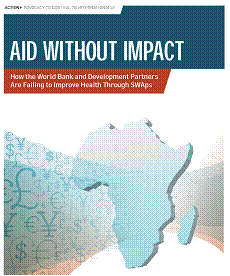
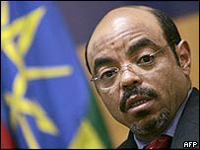


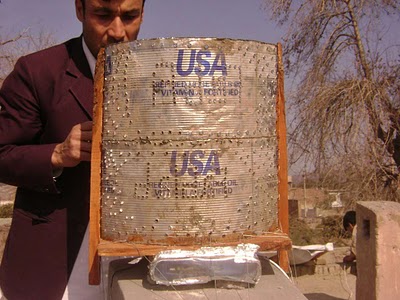



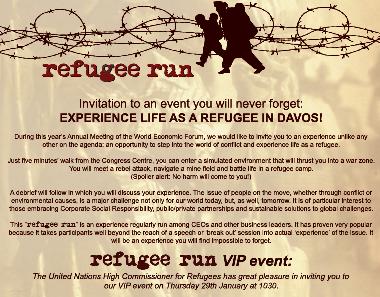 When somebody sent me this
When somebody sent me this 